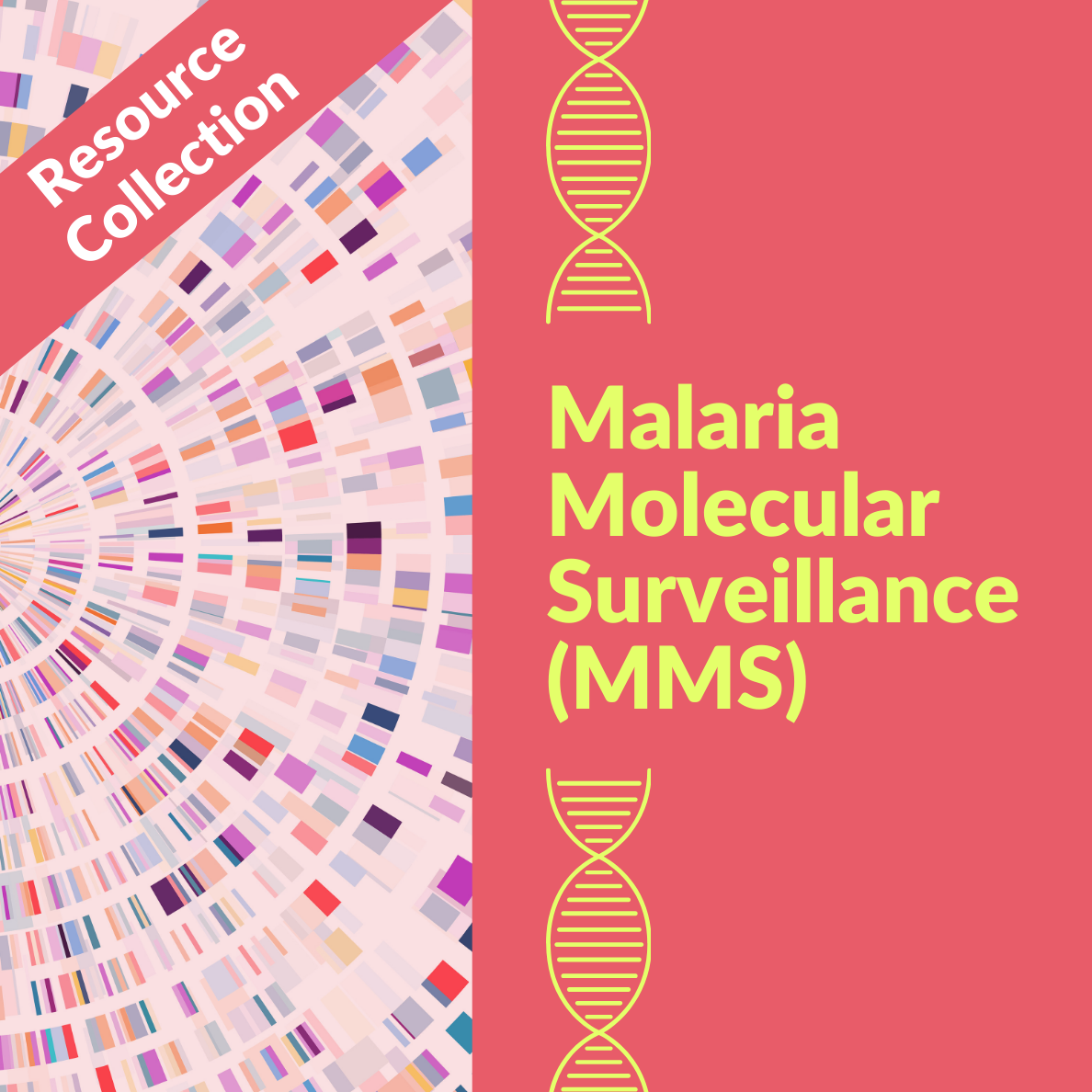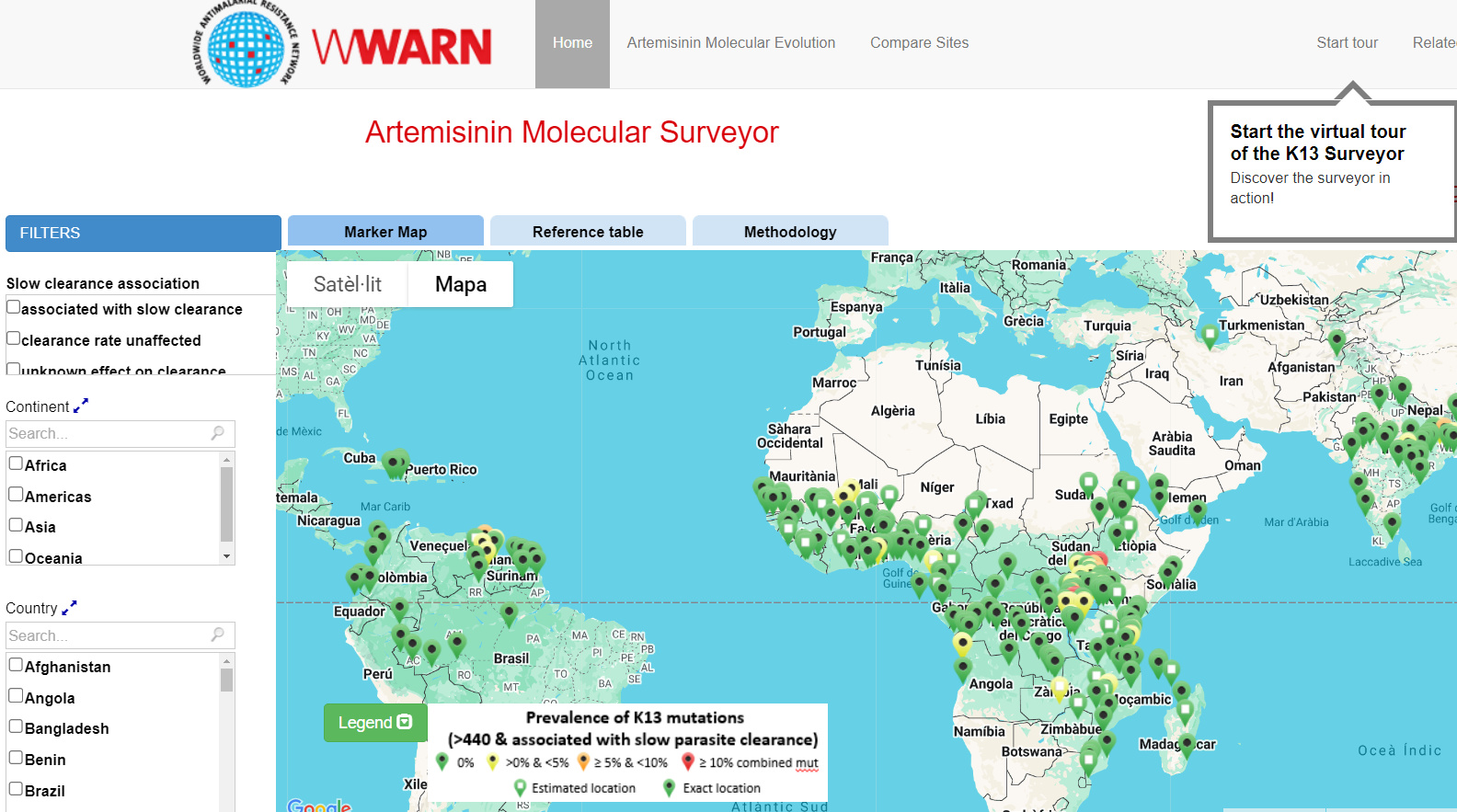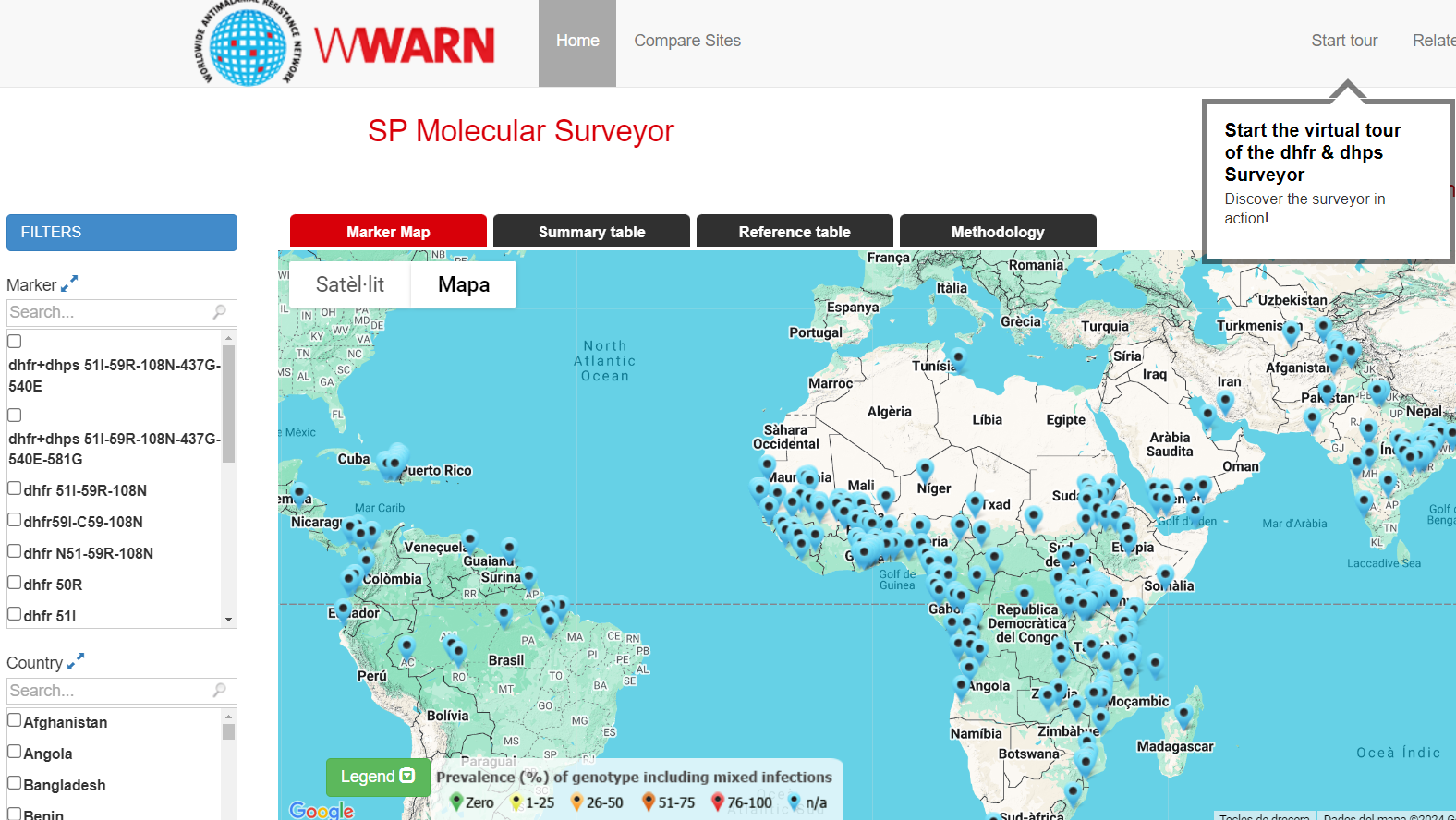Last Updated: 29/07/2024
Dissecting the role and the molecular mechanism of action for the PfSR25 during asexual and sexual blood stages of P. falciparum
Objectives
This proposal aims to investigate the G-Protein Coupled Receptor (GPCR)-like serpentine receptor PfSR25 in P. falciparum. Furthermore, the project aims to determine the molecular mechanism underlying the influence of PfSR25 on antimalarial drug susceptibility and explore its potential as a marker for drug resistance.
Malaria is caused by the parasites of the genus Plasmodium which remains a major global health threat. The disease affects millions worldwide, with P. falciparum causing severe cerebral malaria-related fatalities. Moreover, the emergence of multi-drug resistance also presents a significant challenge in efforts of malaria control. Hence, understanding the complex biology of Plasmodium parasites is essential to combat this deadly vector-borne disease effectively. Understanding the localization, expression, and interaction of PfSR25 with other proteins during the parasite’s life cycle, both asexual and sexual, allows us to further our knowledge on the parasite’s biology. By shedding light on the functions of PfSR25 and its potential as a drug target, the study aims to contribute to the development of novel antimalarials and advance efforts towards malaria elimination.
Jul 2023


